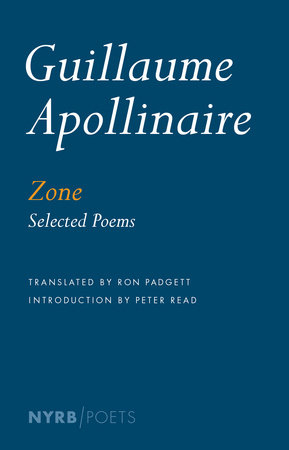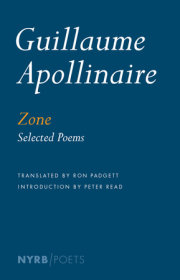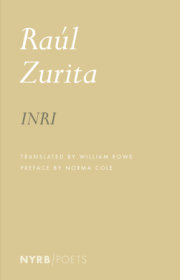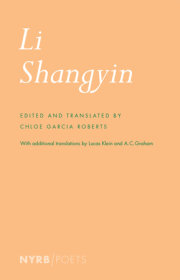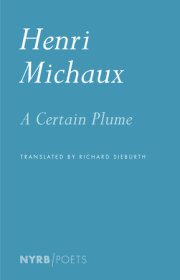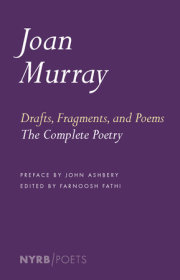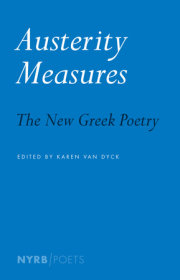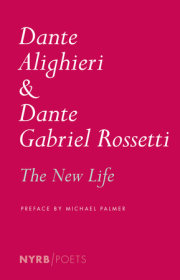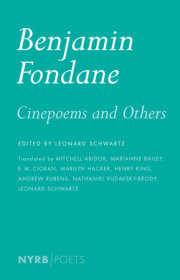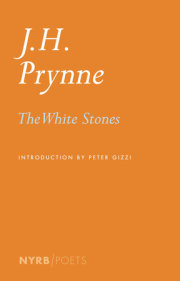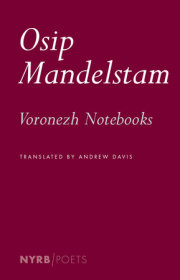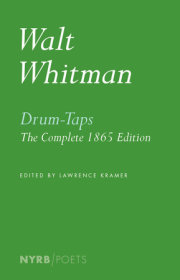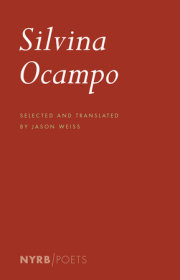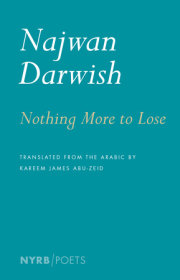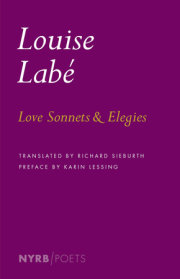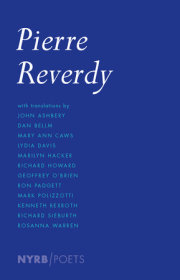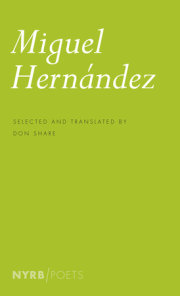Table of Contents
(preliminary)
Translator’s Preface
Acknowledgments
Zone
The Pont Mirabeau
The Song of the Badly-Loved
Poem Read at the Wedding of André Salmon
Inscription for the Tomb of the Painter Henri Rousseau Customs Inspector
Marizibill
Annie
The House of the Dead
The White Snow
Prayer
[Untitled] (“Come along”)
La Grenouillère
The Gypsy
The Rediscovered Lock
Hunting Horns
The Lady
The Traveler
In La Santé
Procession
The Brasier
The Autumn Crocuses
The Women
Vendémiaire
Hotel
Before the Movies
Trip to Paris
Advertisement for the House of Walk-Over
To
Nuptials
The Musician of Saint Merri
The Windows
Tree
A Phantom Made of Clouds
Monday Rue Christine
Across Europe
It’s Raining
The Little Car
There
Postcard
Festival
4
The Nine Doors of Your Body
The Seasons
Shadow
The Pretty Redhead
Notes
Recommended Reading

